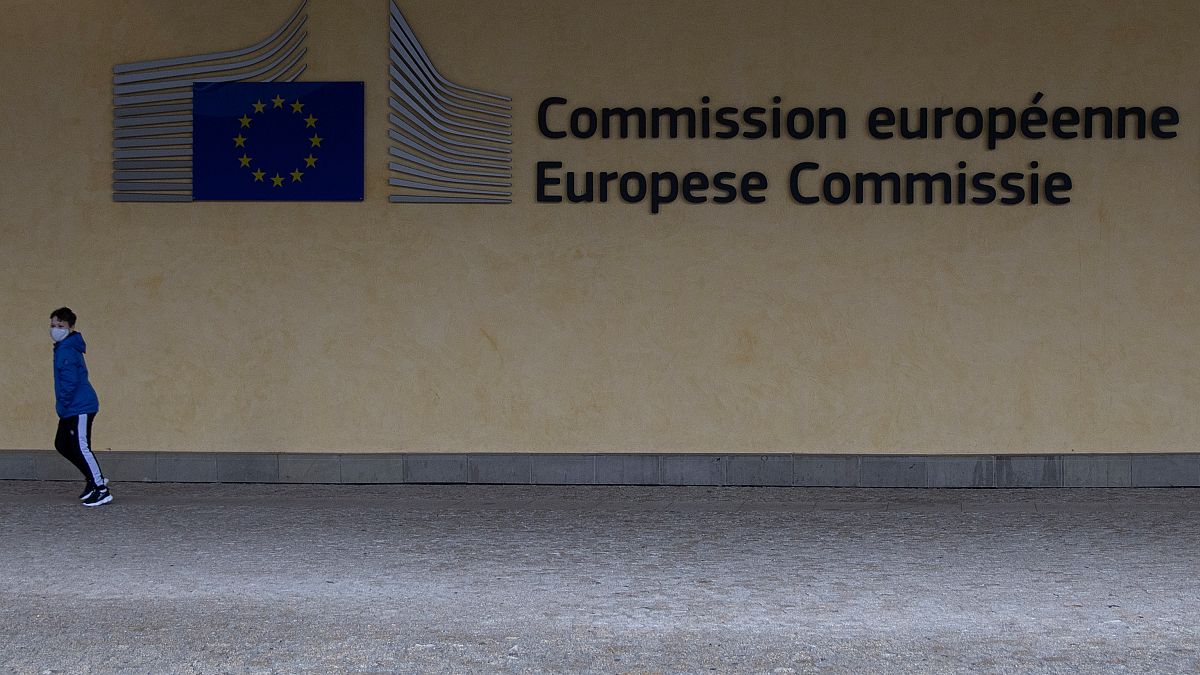The European Union has recently reinstated its controversial programme against lavish government deficits, with France, Belgium, and Italy potentially facing consequences. The European Commission is set to announce an economic package aimed at countries with excessively high budget deficits, a move that could have significant political ramifications. Brussels’ fiscal rules were originally put in place to ensure stability of the euro, but were suspended during the Covid-19 pandemic. However, a more flexible version of the rules was agreed upon earlier this year, allowing for fines to be imposed on countries that do not reduce government spending or raise taxes as required.
The EU’s treaty allows for fines to be imposed on countries that fail to meet budget deficit targets, which could put France in a difficult position as it heads towards legislative elections. France is predicted to have a deficit of 5% of its economy next year, making it a likely candidate for targeting under the EU’s rules. Stay updated for more information on which countries are likely to face consequences for their lavish government deficits.
The reinstatement of the EU’s programme against lavish government deficits comes at a time when many countries are dealing with the economic fallout of the Covid-19 pandemic. With large government spending packages becoming the norm during the pandemic, the EU’s fiscal rules were temporarily suspended. However, with the economy slowly recovering, the EU has decided to bring back a more flexible version of the rules in order to ensure financial stability and accountability among member states.
France, Belgium, and Italy are among the countries that could potentially face consequences under the EU’s rules for their high budget deficits. The European Commission is expected to focus on countries with excessively high deficits and impose fines on those that do not make necessary adjustments to reduce spending or increase revenue. This move could have significant political implications, particularly for France as it heads towards legislative elections with a predicted deficit of 5% of its economy next year.
The EU’s fiscal rules were originally put in place to maintain stability of the euro currency, particularly after previous crises in countries like Greece and Cyprus. The rules require member states to keep their budget deficits in check in order to prevent instability in the currency and financial markets. While the rules were temporarily suspended during the Covid-19 pandemic to allow for increased government spending, the EU has now decided to reinstate them in a more flexible form to ensure accountability and sustainability in member states’ financial practices.
While the reinstatement of the EU’s programme against lavish government deficits may have political consequences for countries like France, Belgium, and Italy, it is ultimately aimed at promoting fiscal responsibility and stability within the European Union. By enforcing stricter rules on budget deficits and imposing fines on countries that do not comply, the EU aims to ensure that member states are able to maintain a healthy and sustainable economy. Stay tuned for updates on which countries are likely to be targeted under the EU’s renewed focus on government deficits.









